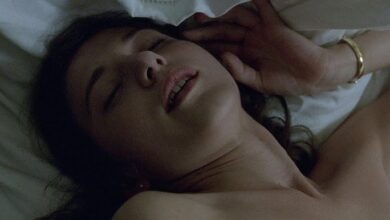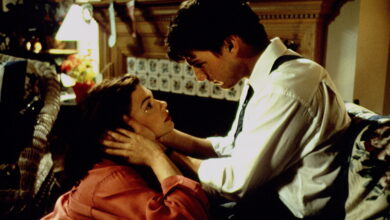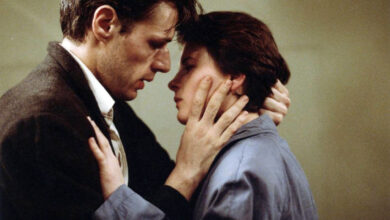
Romance and Cigarettes (2005), directed by John Turturro and produced by the Coen brothers, is a truly unconventional musical — one that trades polished glamour for raw emotion and messy honesty. It’s bold, chaotic, and strangely beautiful, blending everyday drama with spontaneous musical expression.

At the heart of the story is Nick Murder (played by James Gandolfini), a working-class man torn between his long-time wife Kitty (Susan Sarandon) and his passionate affair with Tula (Kate Winslet). But this isn’t your usual love triangle. Instead of quiet conversations or dramatic monologues, the characters often erupt into beloved old songs, using music to confess, argue, and dream. From Elvis Presley to Engelbert Humperdinck, the soundtrack becomes the voice of their inner worlds.

What makes Romance and Cigarettes so memorable is its refusal to play by the rules. The film is unpredictable — one moment outrageous and funny, the next raw and deeply human. The sudden bursts of dance and surreal musical scenes might feel odd at first, but they bring a strange kind of magic. Beneath all the eccentricity lies a sincere exploration of love, regret, and the longing for connection.

Though it’s far from a traditional musical, and certainly not for everyone, the film’s heart is in the right place. It celebrates imperfections — in people, in love, and in life itself. And sometimes, that’s exactly what makes a story linger in your memory.





